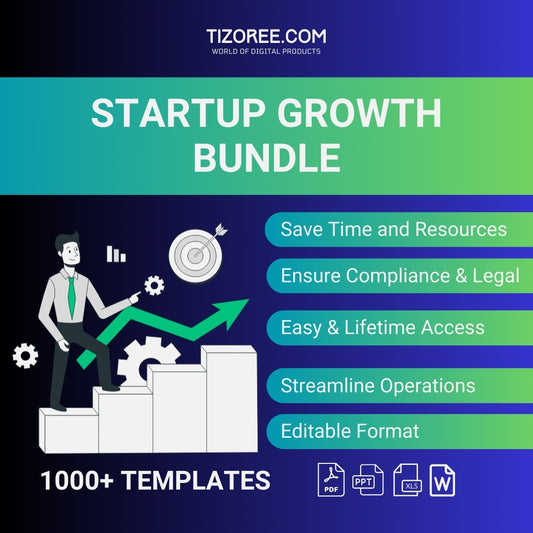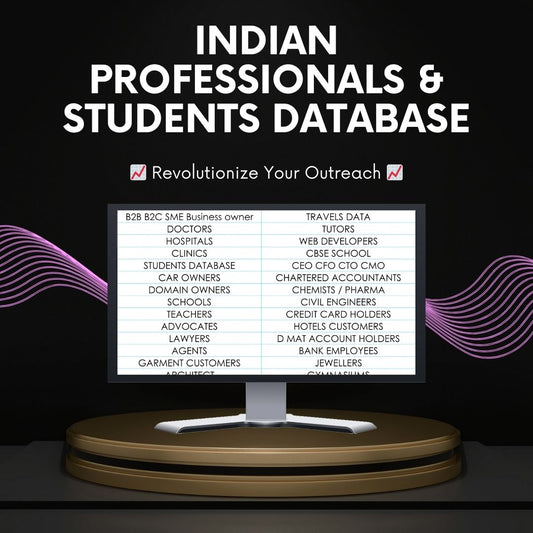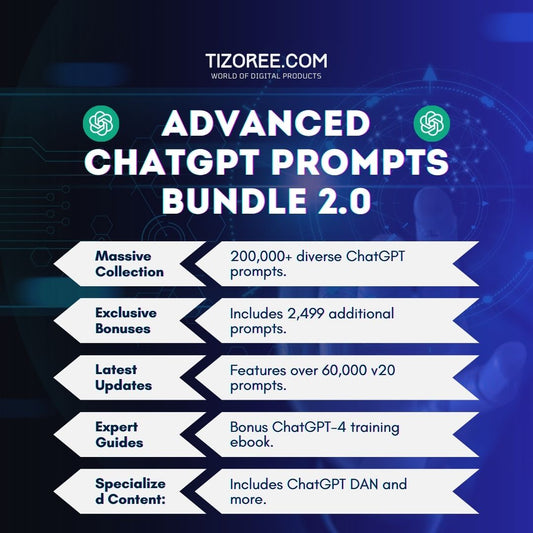ChatGPT vs Google: The Future of AI and Its Impact on Jobs
Share
In recent years, the emergence of advanced AI technologies has sparked significant discussions about their potential impacts on various sectors, especially in jobs that require human intelligence. At the forefront of this discussion is ChatGPT, a product of generative AI that has revolutionized the way we interact with technology.
This blog will explore what ChatGPT is, its implications on employment, education, and businesses, and how it stands in comparison to traditional search engines like Google.
What is ChatGPT?
ChatGPT, which stands for Generative Pre-trained Transformer, represents a groundbreaking advancement in artificial intelligence. Unlike traditional AI systems that retrieve information from existing data, ChatGPT generates new content based on the input it receives. This capability allows it to perform an array of tasks, from writing essays and generating code to providing legal and financial advice.
Developed by OpenAI, ChatGPT has quickly gained traction, amassing over 100 million users within just two months of its launch. This rapid adoption highlights the growing demand for AI-driven solutions that can assist with various tasks typically performed by humans.
The Impact of ChatGPT on Jobs
The introduction of ChatGPT has raised concerns about job security across multiple fields. Professions that rely heavily on content creation, such as journalism, content writing, and graphic design, are particularly vulnerable. As ChatGPT can generate comprehensive articles, scripts, and reports, the need for human input in these areas may significantly diminish.
- Content Writing: Traditional content writers may find themselves competing with AI that can produce high-quality text at a fraction of the cost.
- Journalism: AI can generate headlines and articles, potentially reducing the need for journalists to cover routine news.
- Legal and Financial Advice: ChatGPT can analyze legal documents and provide financial insights, impacting jobs in law and finance.
Moreover, the capabilities of ChatGPT extend to tasks like coding and conducting research, which were once considered safe from automation. As AI continues to evolve, the landscape of employment will inevitably change, and many professionals will need to adapt.
How ChatGPT Will Change the World
ChatGPT's influence will not be limited to job displacement; it will also reshape how we interact with technology and access information. Here are some potential changes:
- Enhanced Communication: ChatGPT can facilitate better communication by generating responses that are coherent and contextually relevant.
- Increased Efficiency: Businesses can automate various tasks, leading to increased productivity and reduced operational costs.
- Personalized Learning: In education, ChatGPT can provide tailored learning experiences, adapting to individual student needs.
These changes signify a shift towards a more automated world where AI acts as a partner in enhancing human capabilities rather than merely replacing them.
ChatGPT’s Impact on Education
The educational sector stands to gain immensely from ChatGPT. AI can assist students in various ways, from generating study materials to providing instant feedback on assignments. This capability can enhance the learning experience and make education more accessible.
- Homework Assistance: Students can use ChatGPT to help with their homework, simplifying complex concepts and providing explanations.
- Research Aid: ChatGPT can assist in gathering information and generating research papers, saving time for students.
- Language Learning: AI can provide instant translations and language practice, making it easier for students to learn new languages.
As educators embrace these tools, they will also need to address the challenges of ensuring academic integrity and preventing over-reliance on AI.
How ChatGPT Affects Businesses
Businesses across various industries are exploring how to integrate ChatGPT into their operations. The technology offers numerous applications that can enhance customer service, streamline processes, and improve overall efficiency.
- Customer Support: ChatGPT can handle customer inquiries, providing quick and accurate responses, thus improving customer satisfaction.
- Content Generation: Marketing teams can leverage ChatGPT to create engaging content for campaigns, blogs, and social media.
- Data Analysis: AI can analyze large datasets, identifying trends and insights that can inform business decisions.
By adopting ChatGPT, businesses can stay competitive in a rapidly evolving market landscape.
Common Man and ChatGPT
The impact of ChatGPT extends beyond professionals and businesses; it also affects the common man. As AI technology becomes more prevalent, individuals will experience changes in how they access information and interact with digital platforms.
- Accessibility of Information: ChatGPT can provide instant answers to questions, making information more accessible to everyone.
- Empowerment: Individuals can harness AI to enhance their productivity and creativity, whether in personal projects or professional tasks.
However, there are also concerns regarding digital literacy and the potential for misinformation. As AI generates content, users must develop critical thinking skills to discern the quality and accuracy of the information they receive.
What Problems Does ChatGPT Solve?
ChatGPT addresses several challenges faced by individuals and businesses alike:
- Time Constraints: AI can handle repetitive tasks, allowing individuals to focus on more strategic or creative pursuits.
- Quality of Content: By generating high-quality written content, ChatGPT can elevate the standard of communication across various platforms.
- Access to Knowledge: ChatGPT democratizes access to information, providing users with immediate answers without extensive research.
As these problems are solved, the reliance on AI will likely increase, prompting further advancements in technology.
Jobs at Risk Due to ChatGPT
While ChatGPT presents numerous advantages, it also poses risks to certain job sectors. The following professions are particularly susceptible:
- Content Writers: As AI can generate articles and blogs, the demand for human writers may decrease.
- Customer Service Representatives: Chatbots powered by AI can handle customer inquiries, reducing the need for human agents.
- Data Entry Clerks: Automation of data processing tasks could lead to job losses in this area.
As these changes unfold, workers in at-risk professions must consider upskilling or transitioning to roles that leverage human creativity and emotional intelligence.
Google vs. ChatGPT: A Comparison
When comparing Google to ChatGPT, it is essential to understand their fundamental differences. Google functions as a search engine, providing links to sources and information based on user queries. In contrast, ChatGPT generates direct responses without sourcing.
- Information Retrieval: Google retrieves information from the web, while ChatGPT creates responses based on its training data.
- Real-Time Data: Google provides real-time updates, whereas ChatGPT's knowledge is limited to its last training cycle.
- User Interaction: ChatGPT engages in conversational interactions, offering a more personalized experience.
This comparison highlights the unique strengths of each platform and their respective roles in the digital landscape.
Conclusion: Embracing Change in the Age of AI
The rise of ChatGPT signifies a pivotal moment in the evolution of technology. As AI continues to advance, its implications for jobs, education, and businesses will become increasingly pronounced. While challenges arise, the opportunities for innovation and growth are immense.
Individuals and organizations must adapt by embracing lifelong learning and developing skills that complement AI technologies. By doing so, they can thrive in an ever-changing landscape where AI is not just a tool, but a partner in enhancing human potential.
As we navigate this new era, it is crucial to remain informed about technological advancements and their implications, ensuring that we harness the power of AI to create a better future for all.



